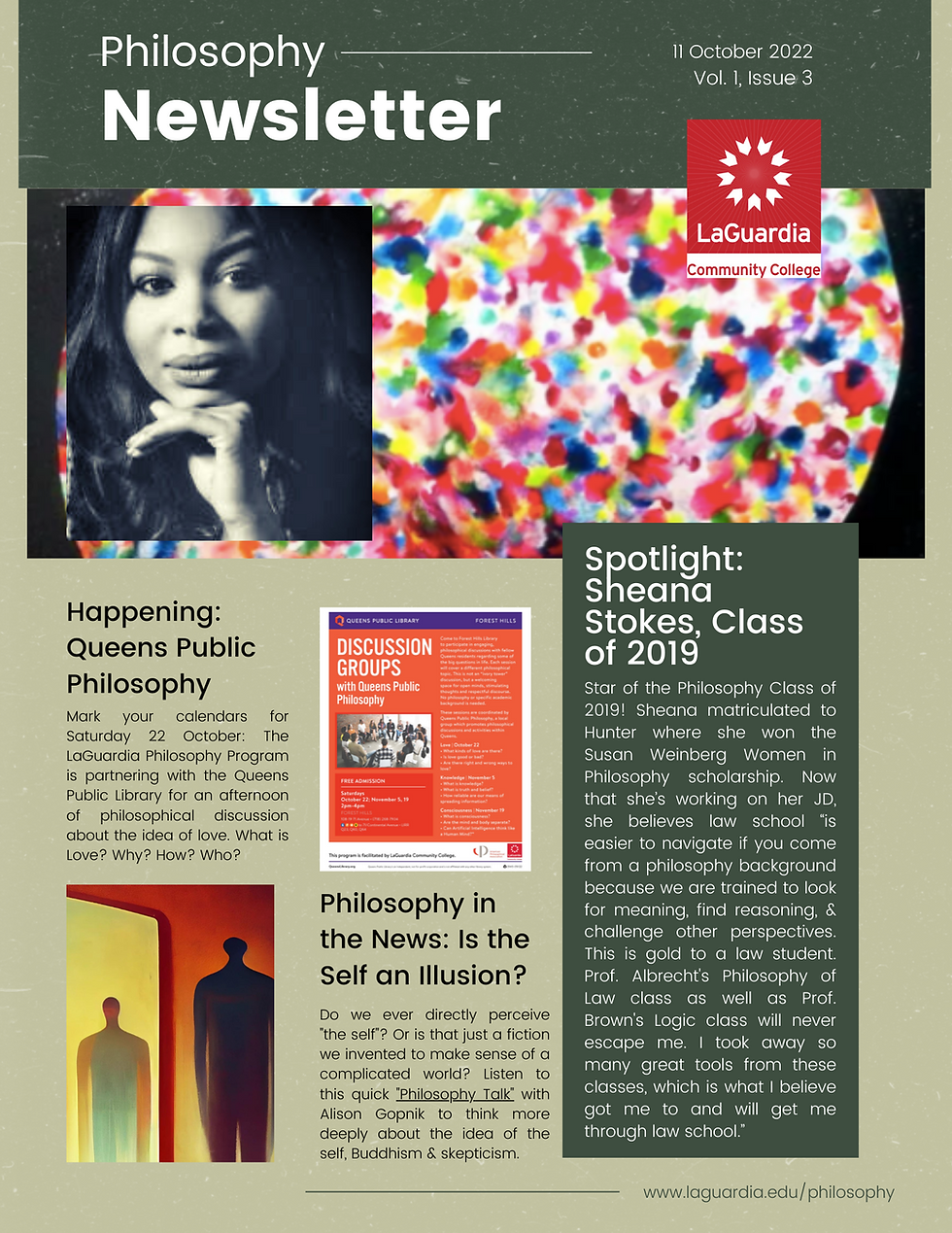The Importance of Theatre, Art, and Music in Schools
- J.C. Guest

- Sep 22, 2015
- 2 min read

“Music is a moral law. It gives soul to the universe, wings to the mind, flight to the
imagination, and charm and gaiety to life and to everything.”
—Plato
Arts education refers to the disciplines of music, dance, theatre, and visual arts. The arts have always been considered an essential part of human development. Plato placed importance of the arts in learning. Like sports, the arts are essential to a society, and like math, science or business, they must study and participation in the fine arts have shown to improve learning in other academic areas. It has shown to reduce student dropout and raise attendance, cultivate learning, enhance creativity,
and prepare students for the workplace.
A 1991 study conducted by Judith Burton, Columbia University, revealed that subjects such as mathematics, science, and language require complex cognitive and creative capacities “typical of arts In Arts with the Brain in Mind, Eric Jensen states: “The arts enhance the process of learning. The systems they nourish, which include our integrated sensory, attentional, cognitive, emotional, and motor capacities, are, in fact, the driving forces behind all other learning.”
The fine arts also provide students with many non-academic benefits, including increased self- esteem, drive, aesthetic awareness, cultural exposure, improved emotional expression, along with social harmony and appreciation of diversity.
The Burton study of more than 2,000 children found that those in the arts curriculum were far superior in creative thinking, self-concept, problem-solving, self-expression, risk-taking, andcooperation than those who were not. The arts bridge race, gender, religion, culture, geography, and socioeconomic levels.According to Jensen, “Today’s students are inundated with information but hunger for meaningful learning. Workplace demands are for students to understand how to solve problems, what makes arguments plausible, how to build teams and coalitions, and how to incorporate the concept of fairness into their everyday decisions. Students must be thinkers, possess people skills, be problem-solvers, show creativity, and work as a member of a team. We need to offer more in-depth learning about what matters the most: order, integrity, thinking skills, a sense of wonder, truth, flexibility, fairness, dignity, contribution, justice, creativity and cooperation.
The arts provide all of these.“An effective education in the fine arts helps students to see what they look at, hear what they listen to, and feel what they touch. Engagement in the fine arts helps students to stretch their minds beyond the boundaries of the printed text or the rules of what is provable.”Corporate America would do well to recognize that the human intellect draws from many wells. Arts education gives access to the deepest of those wells.
Photo Courtesy: Craig David Butler


Comments